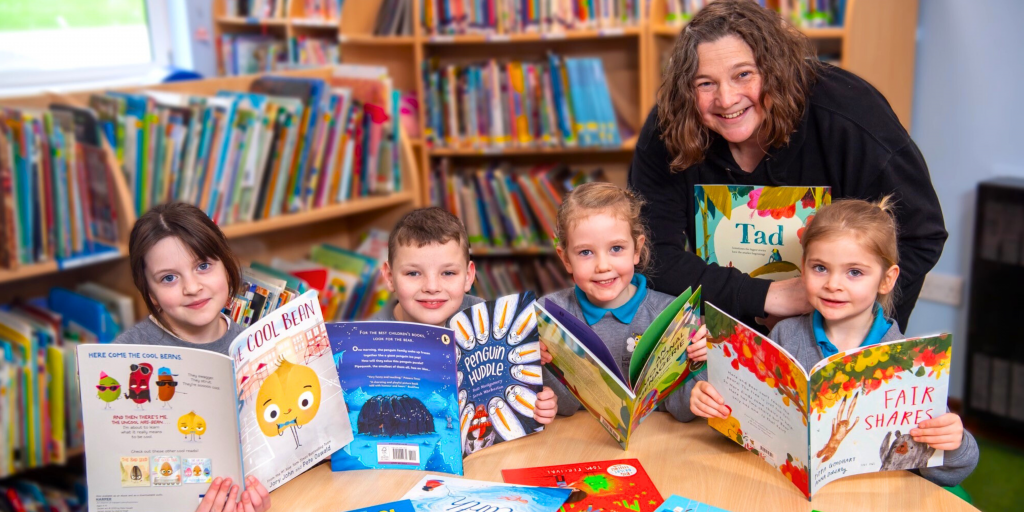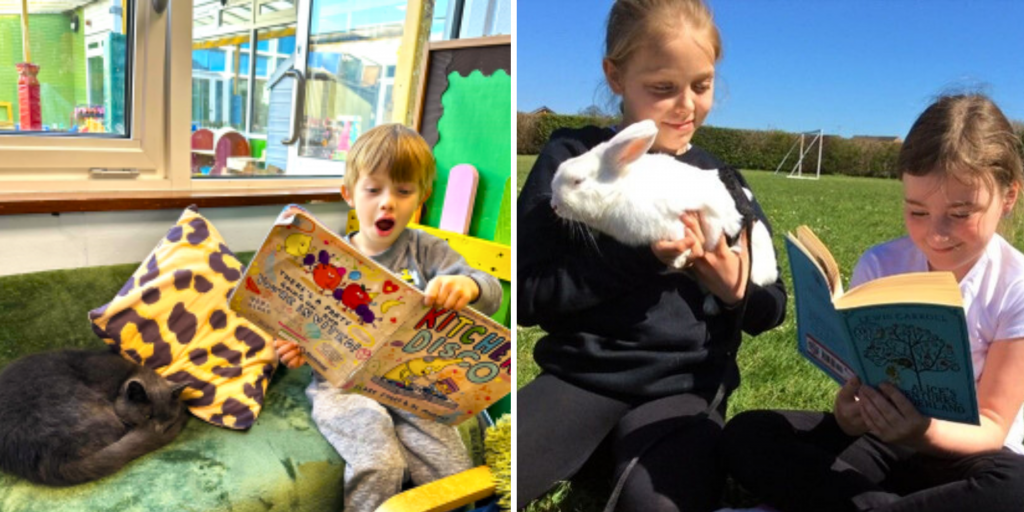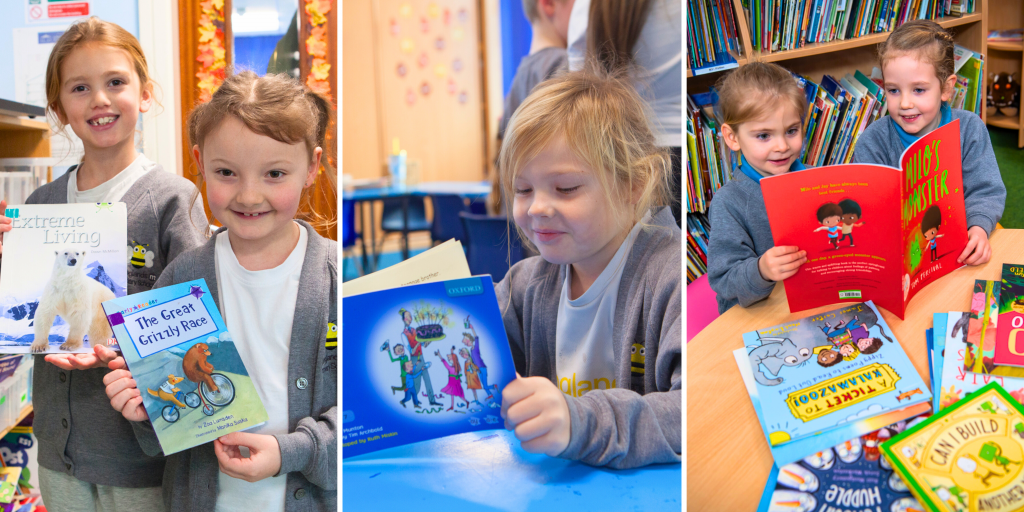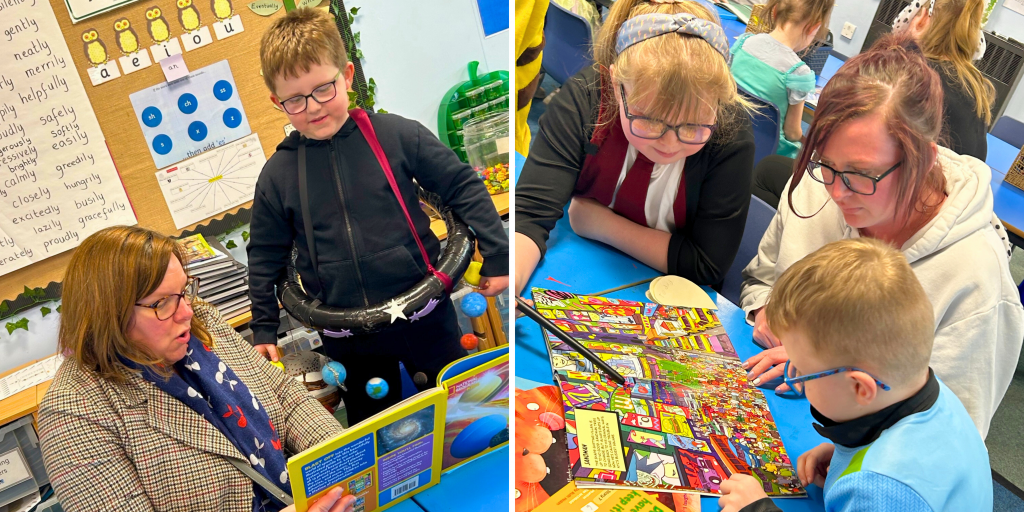Phonics & Reading at Longlands Primary School
Our reading philosophy
At Longlands Primary School we strive to foster a love of and enjoyment in reading where children can access a range of texts and feel confident to talk about books.
Through accessing engaging texts at story time, guided reading and whole class reading sessions, our pupils can ask and answer questions that address the many strands that are woven into skilled reading.
Reading materials are varied to ensure that children have access to a broad, balanced and progressive range of texts. Developing a rich vocabulary is also a high priority during reading sessions.
Assessment
- Termly, NFER tests Year 1 to Year 6 for quantitative data and additional information for teacher assessment.
- Ongoing assessments to ensure that children are reading appropriate texts that match their phonetic knowledge.
- Assessment criteria for reading in different year groups is monitored termly.
- Phonics is assessed and reviewed half termly to track progress and ensure that teaching is pitched correctly.
- Year 6 complete statutory assessments at the end of the year and Year 2 complete the optional End of Key Stage 1 SATs assessments.
- Termly Phonics screening checks are administered in Year 1 and children who fail in Year 1 resit in Year 2.
- Reading conferences take with pupils to discuss their reading.
What do we expect to see?
What is on offer?
Lessons broadly follow the National Curriculum.
To whom and when is this offered?
In EYFS and KS1 children take part in daily RWI phonics lessons and are grouped according to their phonological ability. In KS2, those children who are falling behind with their phonics, access the RWI programme daily to close the gap in their learning. This is decided based on pupils’ individual needs.
In EYFS and Y1, the children follow the daily RWI programme to develop fluency and allow them to apply their phonics skills. All pupils in Y1 are challenged with additional reading materials to develop understanding.
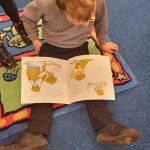
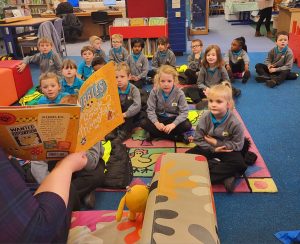
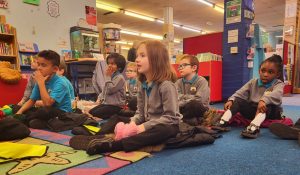
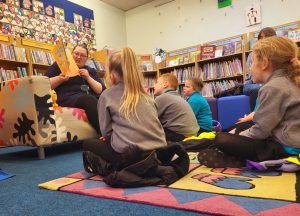
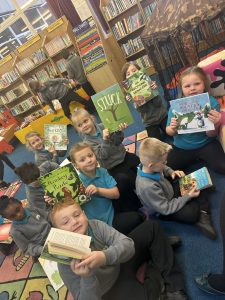
In Year 2, children take part in differentiated daily reading exercises using a carousel structure. Within the week, pupils will read as part of a group and individually to support their fluency and understanding. Follow up comprehension tasks assess their understanding of the text that they have read during the week. Whole class reading takes place weekly to prepare pupils for KS2.
KS2 pupils take part in whole class reading sessions 4 to 5 days a week. In those year groups, for pupils who may need additional support, reading interventions take place daily in addition to the whole class reading sessions.
All pupils are given the opportunity to read on a 1:1 basis, at least once a fortnight, with an adult (with targeted children reading daily). Other techniques are used in class to ensure that readers are heard with regularity such as popcorn reading, paired reading, echo, whisper and choral reading. This allows pupils to develop their fluency in whole class reading sessions.
When children are learning to read, reading materials are carefully matched to their growing phonic ability. All pupils will be able to access their reading book securely based on their phonic knowledge. This ensures that a pupil’s belief that segmenting and blending is the most effective way to decode words is reinforced.
All teachers also focus on their discussions around the different reading domains to ensure that questioning is broad and balanced within reading sessions. The different reading domains focus on skills such as retrieval, inference, sequencing, summarising, identifying links, making predictions and exploring vocabulary.
Children who do not grasp ideas so quickly will be supported in a variety of ways e.g., paired reading, prereading, same day interventions, reading to our farm animals, and early morning reading sessions.
Teachers’ subject knowledge and ideas for effective teaching strategies are supported through staff CPD.
In Reading and Phonics lessons we support pupils by;
- building on prior learning;
- having a clear purpose and context where appropriate;
- exposing children to a rich and varied diet of reading materials;
- supporting them to make links between texts that they have read;
- knowledge and skills being taught systematically with children being expected to apply their knowledge in different contexts;
Questioning (assessment for learning) is used to extend children’s thinking as well as find out what they know. This provides opportunities to address any misconceptions by highlighting them through direct teaching.
Rational behind whole class reading
Since taking on a whole class reading approach, we have found that children are exposed to a richer vocabulary and there is no glass ceiling forced upon their learning. Pupils in the bottom 20% will still access texts appropriate to their reading level whilst benefitting from more advanced reading materials. All pupils read with an adult at least once a fortnight but children who are falling behind will receive additional intervention.
- In 2016 59% of pupils in Year 6 reached the expected standard in reading. This rose to 86% in 2023 after embedding our whole class reading approach. The national average in 2023 was 73%.
- In 2016 14% of pupils achieved greater depth standard which has increased to 31% in 2023.
We are eagerly awaiting verified results for 2024.
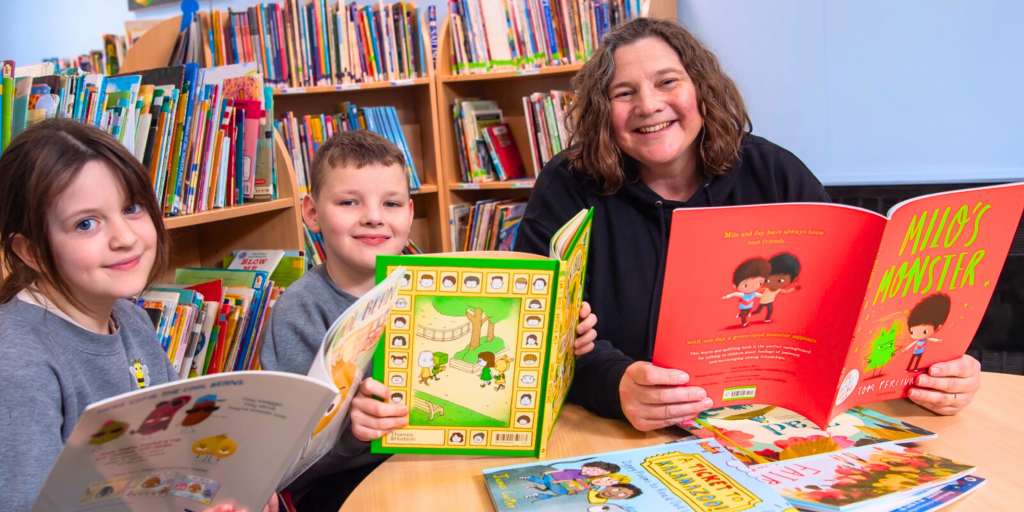
Fluency Videos
EYFS Expected Standard Reader:
Year 1 Expected Standard Reader:
Year 2 Expected Standard Reader:
Year 3 Expected Standard Reader:
Year 4 Expected Standard Reader:
Year 5 Expected Standard Reader:
Year 6 Expected Standard Reader:
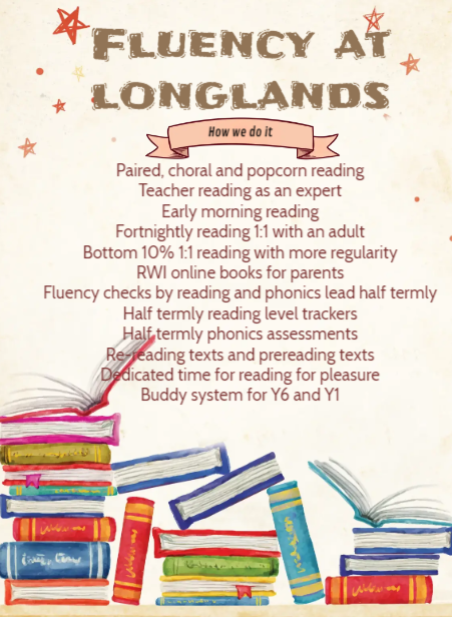
Supporting documents
How I can help my child at home
Read Easy

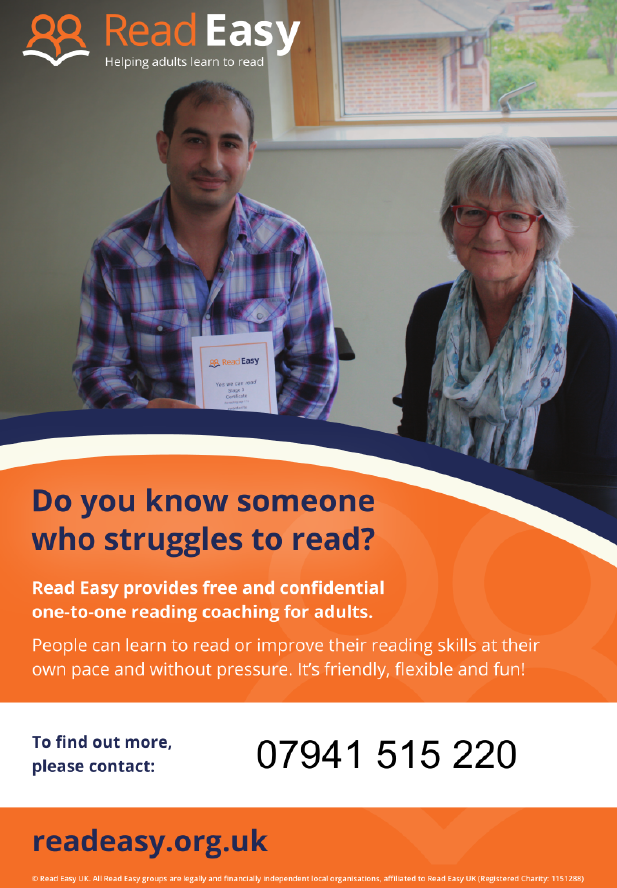
Connect with us:
Don’t forget to follow @LonglandsPrimarySchool on Facebook for behind-the-scenes insights. Your support means the world to us! Make sure to like, comment and share!
Phonics & Reading at Longlands Primary School

